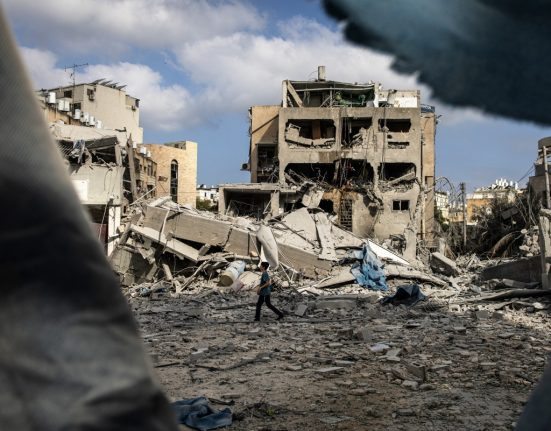Amid the raging conflict between Israel and Iran, many Nigerians trapped in the crisis have cried out for urgent assistance from the Nigerian government, lamenting the lack of proactive evacuation efforts as other nations swiftly move to rescue their citizens.
The affected Nigerians, most of whom are based in Tel Aviv and Jerusalem, disclosed that they are currently taking refuge in underground shelters provided by Israeli authorities as missile attacks persist across key cities. Many expressed deep frustration over what they described as the Federal Government’s slow response to their plight, even as the hostilities between the two Middle Eastern powers escalate dangerously.
Israeli airstrikes under Operation Rising Lion began last Friday, marking a significant escalation in decades of tense but often covert hostilities between the two nations. Israel targeted several Iranian military installations, including suspected nuclear facilities and air-defense systems, as well as civilian zones in major cities such as Tehran and Tabriz. Notably, Shahrak-e-Mahallati, a neighborhood in eastern Tehran known to house high-ranking members of Iran’s Islamic Revolutionary Guard Corps (IRGC), suffered heavy bombardment.
Iran, in a swift and massive retaliatory attack on June 13, 2025, launched over 100 ballistic missiles aimed at Israeli cities. Tel Aviv, which houses the Nigerian Embassy, was among the primary targets. Residential areas, commercial centers, and diplomatic zones have all suffered considerable damage as a result of the strikes. In total, at least 264 people, including 70 women and children, have been reported dead in both countries since the fighting erupted.
Tehran described Israel’s offensive as “the most direct act of war” in their long-running shadow conflict. Among those killed in the initial Israeli strikes were top Iranian military commanders, including General Mohammad Bagheri and IRGC leader Hossein Salami—an indication of the targeted precision and high stakes involved in the military campaign.
For many Nigerians caught in the crossfire, daily life has come to a complete standstill. Economic, social, and religious activities in Israel have been suspended indefinitely, especially in Tel Aviv and Jerusalem, where heavy security and air-raid warnings have become routine.
Speaking with KIIN360 from an underground shelter in Tel Aviv, Mr. Ekene Abaka, a Nigerian national, recounted the terror of the past few days. According to him, many members of the Nigerian community in the area have joined other foreign nationals in seeking refuge below ground, awaiting a safe window to evacuate. “We are stuck. The bombing hasn’t stopped, and we don’t know when it will be safe to leave. Other countries are already flying out their people, but we’re still waiting,” he lamented.
When contacted, the Nigerian government acknowledged the situation, stating that arrangements for the evacuation of over 1,000 Nigerians in Israel and Iran are underway. However, the Ministry of Foreign Affairs noted that the delay was due to ongoing negotiations for border clearance and safety assurances before any rescue operation could commence.
Despite these assurances, anxiety continues to mount among Nigerian citizens stranded in the war zones, who fear that any further delay could endanger more lives. Families back home in Nigeria are also growing increasingly worried, as communication with loved ones has become sporadic due to power outages and damaged infrastructure in several Israeli and Iranian cities.
As the situation develops, Nigerians in the conflict region are pleading with the federal authorities to expedite rescue efforts and prioritize their safety before conditions deteriorate further.

